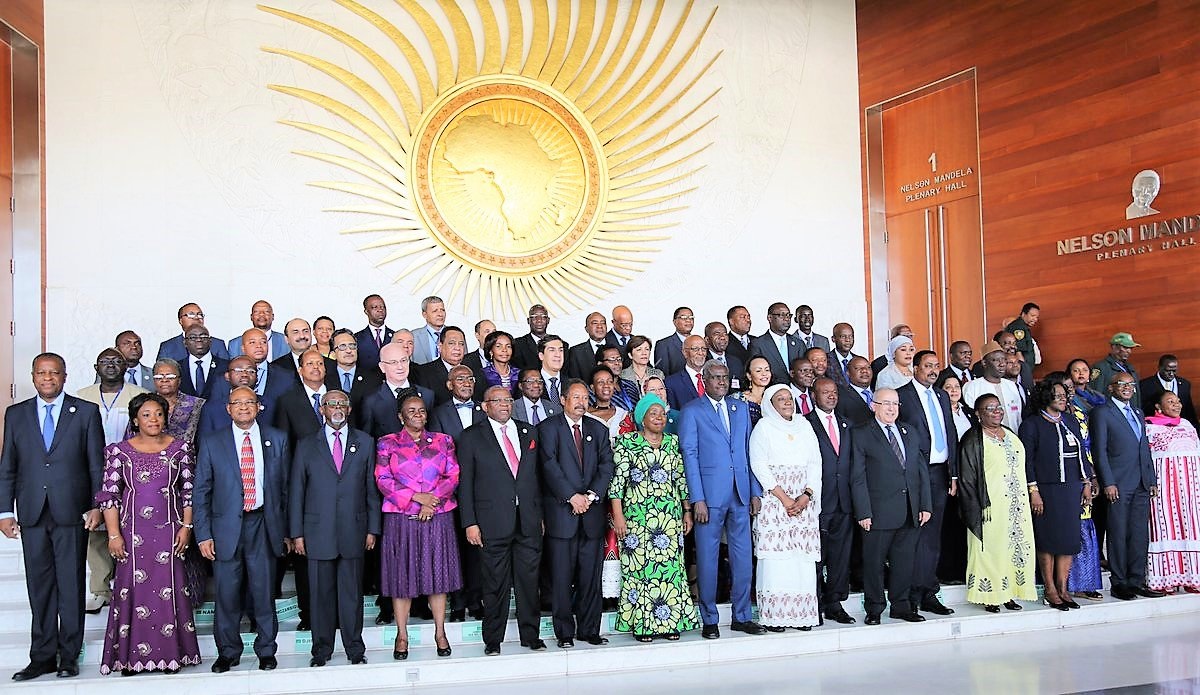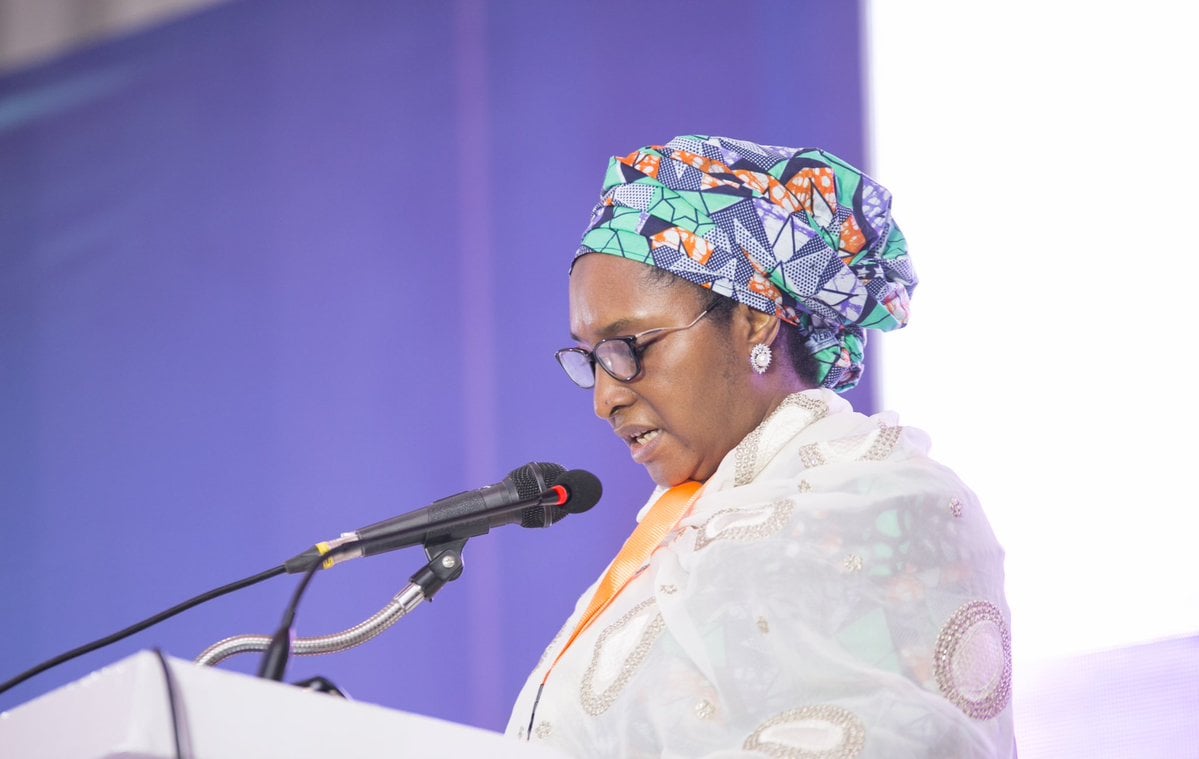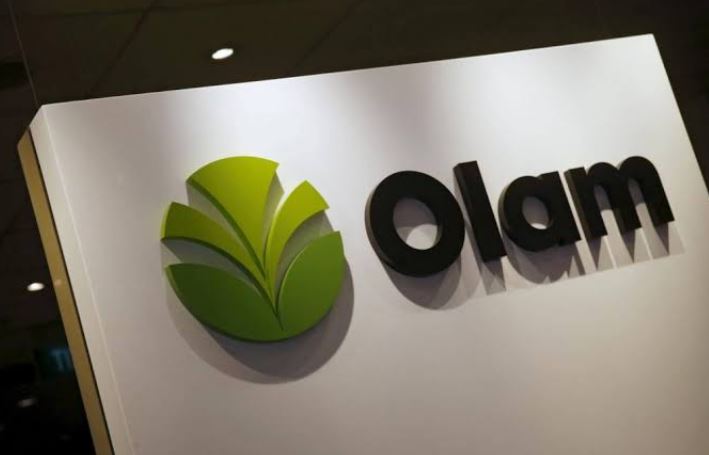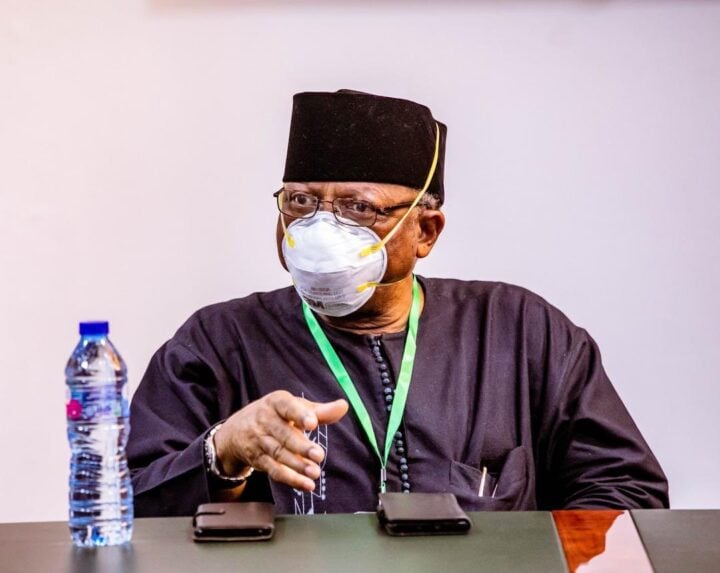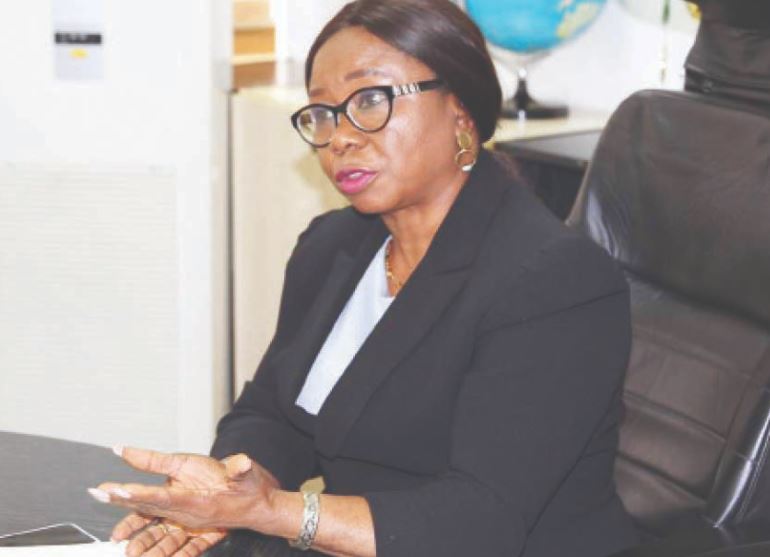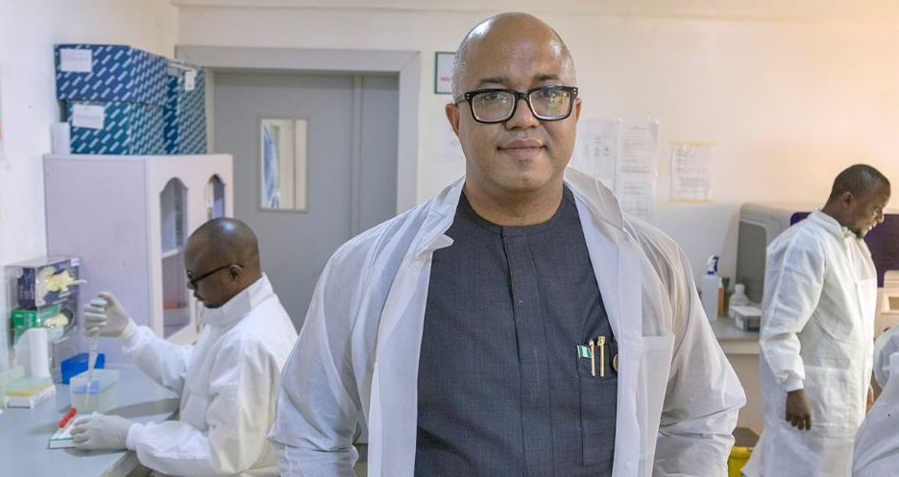The Africa Unusual Working Group, a cohort of professionals working to find solutions to the rising COVID-19 cases on the continent, has asked African leaders to lobby for debt relief.
Members of the group include Isaac Kwaku Fokuo, Marcia Ashong, Ada Osakwe, Ory Okolloh, Kwame Asiedu, Lai Yahaya, Mohamed El Dahshan, Elizabeth Howard, Eric Kacou, Biola Alabi, Aparupa Chakravarti, and Bathsheba Asati.
In a statement on Monday, the group said this is the time for African leaders to seek debt relief and the suspension of short-term payment on sovereign bonds.
It said such a measure would allow for more funds to be used in catering for urgent needs at this time.
Advertisement
The group said African leaders should provide funding for innovators working on solutions to end the pandemic.
It said governments must deploy a holistic approach by offering free basic services to vulnerable communities, and that countries on the continent should share information and collaborate with one another.
“COVID-19 has, in a matter of months, infected over a million people, torn apart families and societies, and destabilized economies. The United Nations Economic Commission for Africa (UNECA) has revised Africa’s growth downwards, from 3.2% to 2%, and African economies will likely need a stimulus of $100 billion. This does not even take into consideration the pandemic’s psycho-social ramifications,” the statement read.
Advertisement
“To supplement government efforts, mechanisms should be created to provide funding to African innovators, who are developing solutions to COVID-19 related issues. Crowdfunding platforms can be a potential solution, but only if regulators are able to fast-track requisite policies and regulations to enable them to function effectively.
“African professionals, such as lawyers, financial advisors and consultants, can be galvanized to donate their time to support industries and sectors that have been severely affected by this pandemic and help them implement mitigating strategies.
“Good governance in times of crisis requires a combination of top-down directives and bottom-up solutions. In combating this virus, one of the challenges that African governments are facing is a lack of compliance with policy directives. In some cases, the lack of compliance is not a result of disobedience, but rather structural and systemic factors.
“For a more holistic approach, governments can offer free basic services to vulnerable communities, including providing survival packs that can cater to daily needs and working with existing organizations – private sector and NGOs – who have distribution networks that are able to deliver at the last mile. African governments should lobby for debt relief, and suspension of short-term payments on sovereign bonds to free up money for more urgent needs.
Advertisement
“African countries can also take advantage of regional and continental channels to collaborate with each other and exchange information on solutions that have proven/are proving to be effective. Countries that have extensive experience in battling tough epidemics, in particular, could offer valuable lessons.”
Ngozi Okonjo-Iweala, two-time minister of finance, had also asked Nigeria and other African countries to pressure the G7 and G20 for debt-relief in other to deal with the economic and health issues arising from the novel coronavirus.
According to her, if African countries get debt relief, the funds they should have paid in servicing debts, which for Nigeria is N2.72 trillion in the 2020 budget, would be channeled into dealing with COVID-19.
Tibor Nagy, the US assistant secretary of state for African affairs, had warned that African countries accumulating debt they cannot repay should not expect to be bailed out by western-sponsored debt relief.
Advertisement
Add a comment
